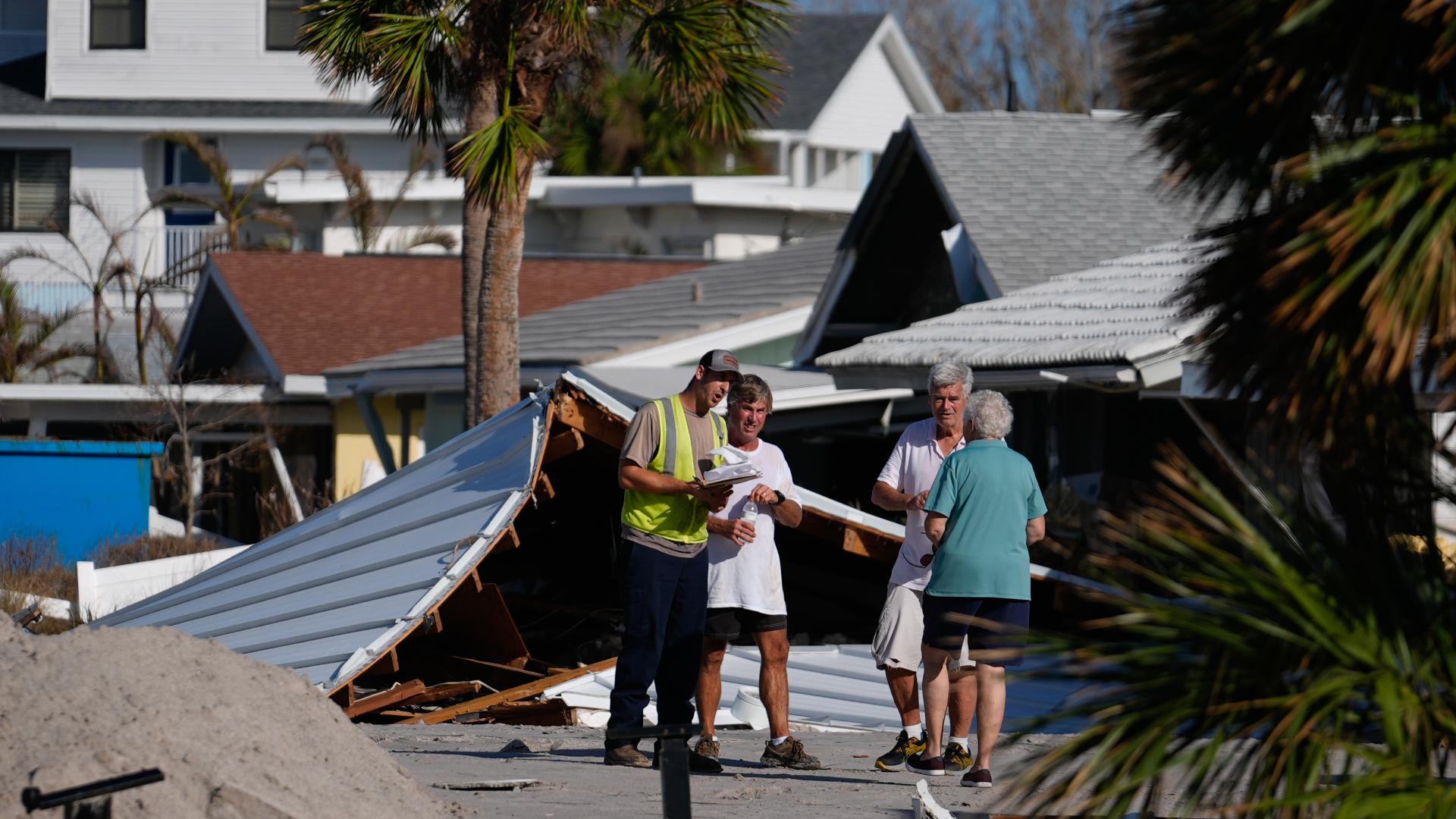PHOENIX — Multiple national and state agencies are warning consumers about getting taken advantage of after Hurricanes Helene and Milton devastated parts of the East Coast.
Authorities are warning of scammers not only preying on storm victims who were directly impacted by the hurricanes, but also people who live thousands of miles away and are looking for ways to help.
The Federal Trade Commission, Department of Justice and the Consumer Financial Protection Bureau are warning consumers about criminals looking to exploit these tragic weather emergencies. One way you can report anything you think could be a scam is to the FTC.
The Arizona Attorney General also has tips to make sure your donations end up in the right hands.
- Never give on impulse. Legitimate charities will not pressure you for an immediate donation.
- Do your research. Verify the charity’s credentials and know how your money is being used. Be wary of words like “majority, large or most of.”
- Avoid paying cash. Pay by credit card or check to the fund and not an individual. Don’t donate if you’re asked to make an automatic debit directly from your account or a wire transfer.
The Better Business Bureau’s Phoenix office said the best place to start when searching for a place to donate is with a reputable company. That should be someone you have heard of, like the American Red Cross.
Don’t respond to anything that is unsolicited, the BBB recommended. That includes a warning about unsolicited text messages that might have links in them. Sometimes the texts will list a business or a person’s name. Other times the texts will just say 'donate here.'
The BBB recommended taking any names in the text and either doing a basic Google search on your own to see what information pops up about the business online. Or, you can give any information you have to your local BBB office and they can search for you.
The BBB also has a website with legitimate charities listed on it. You can look through those to verify further. Operations Engagement Lead, Jasmine Hill, said as time goes on and the next storms come through, you might see more of the unsolicited text messages.
“You're more than welcomed to block them, but they're going to feed on us wanting to help other people," Hill said. "So if there's an urgency, if they're asking you to send payment via Cash App, that's also a red flag.” Hill recommended paying with secure methods like a credit card or Apple Pay, that way you have a certain amount of recourse.
The Better Business Bureau has a Scam Tracker online. It’s a free tool anyone can use to report suspected scams. You can search the scam tracker by zip code to find out which scams are impacting your neighborhood.
Hill said reports made on the BBB Scam Tracker help warn others. “The more information you give to us in Scam Tracker, the better, even if we're not able to do anything with it immediately," Hill said. "There are government agencies who, thus can request that information, and then we pass it on to them.”
Another important tip is to check out the names of the businesses. Watch for any extra letters or punctuation in a website address, link or business name. That could be an indication someone trying to impersonate that website or business.
And when it comes to verifying unknown phone numbers from calls you received, you can Google the phone numbers to make sure the business is legit. The BBB said if the phone number doesn’t lead you to the direct home page of the business or their FAQ, don’t trust it. You can also call the actual business through a phone number you know is accurate and ask them about the text or email you received requesting a donation. You can reach out to businesses and organizations you know are legitimate and ask them directly about how to donate.
>> Download the 12News app for the latest local breaking news straight to your phone.

